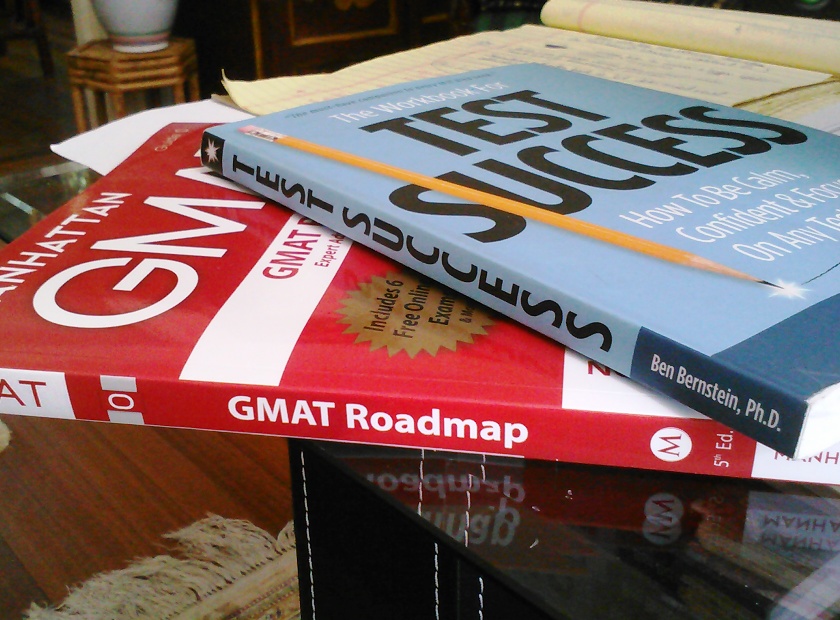Some Encouraging Advice from Recent Alums
“Have a plan and then deviate.” That’s what a recent Tuckie (that is, a graduate of Dartmouth’s Tuck School of Business) offered when asked whether a student needs to know her career path before applying to business school.
I was recently at an event with recent alumnae of eight great schools: Cornell Johnson, Dartmouth Tuck, Duke Fuqua, Michigan Ross, NYU Stern, Berkeley-Haas, UVA Darden and Yale School of Management. Each participant had a new insight, and I encourage everyone to keep going to events to learn about possible programs. Remember to ask questions!
No, you don’t have to know all the answers before you fill the answer to the “why the MBA” question, but you do have to have a plan. You also don’t have to fit what you think is the perfect profile. Shannon Gordon, the articulate Tuck alumna quoted above, told us she was slightly older than the average first-year when she started business school, and that those extra few years of work experience helped her learn much during the next two hectic years. Many women, she said, decide they are too old to begin graduate school, and that it is too late for them to reap enough benefit to justify the lost income and hefty tuition. Not necessarily.
There are no real set rules about years of experience. Some candidates may feel that the opportunity has passed them by, especially as some classmates are already graduating. But it’s a very individual and personal decision to embark on an intense MBA program, whether you choose to go full- or part time. If you think you really want it, then you shouldn’t second-guess. Be curious. Be passionate. And go for it.
Here are some more tips I found worth sharing:
“It’s not about the school picking you, it’s about you picking the school,” said Veronica Hsia, Stern 2007. Research, research, research. Different schools have different specialties and different methods of teaching. Think carefully about your learning preferences and the kinds of people you want to surround yourself with. It may not be as simple as landing a spot at the highest-ranked program – it’s more about where you feel right.
Research the companies that recruit at schools you’re interested in, especially if you’re looking at east coast schools but may want to work at a west coast company (or vice versa). Ask alums about their experiences on the job hunt in terms of industry and location.
Don’t worry if you are a non-traditional candidate. Show admissions officers what you bring to the table, so don’t worry if you don’t come from Goldman or McKinsey. They cannot build a class of all investment bankers or consultants. How boring!
And if you are an investment banker or consultant, don’t worry about competing with someone who may have a similar resume to yours. No one is identical. Everyone has a different story to tell. To quote Shannon Gordon again, “For God sakes, be you!”





